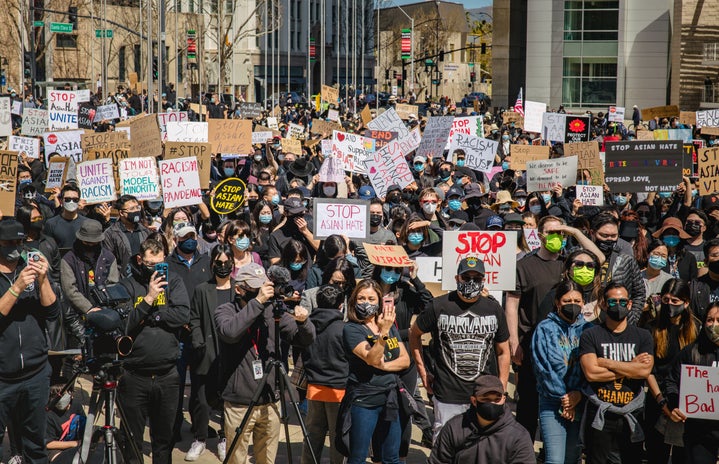Many are unaware that Anti-Asian discrimination in the United States extends back to the 1882 Chinese Exclusion Act, which barred Chinese labourers from entering the country for ten years. Notably, the #StopAsianHate initiative arose in response to the Atlanta shootings, which were accompanied by an increase of anti-Asian violence spurred by COVID-19 and xenophobic political rhetoric.
The Stop AAPI Hate alliance was formed on March 19, 2020, with the objective of furthering fairness, justice, and authority by eradicating racism and building a movement to resist anti-Asian American and Pacific Islander (AAPI) hatred. As stated in the Stop AAPI Hate Mental Health Report, Asian Americans who have faced discrimination are considerably more concerned by anti-Asian prejudice than by the COVID-19 pandemic, with one out of every five claiming racial trauma. Furthermore, Asians are more prone than Latinx individuals to encounter internalized racism and there is a shift in daily prejudice throughout the pandemic, as per a study issued in the journal Behavioral Medicine.
That is why we should search for ways to portray Asian Americans more accurately and debunk stereotypes in order to properly comprehend the diversity within the AAPI community. Building bridges between AAPI groups and other parts of American society is particularly significant because it helps the AAPI community to form coalitions and collaborate more intensively with legal and political institutions before a disaster happens.


